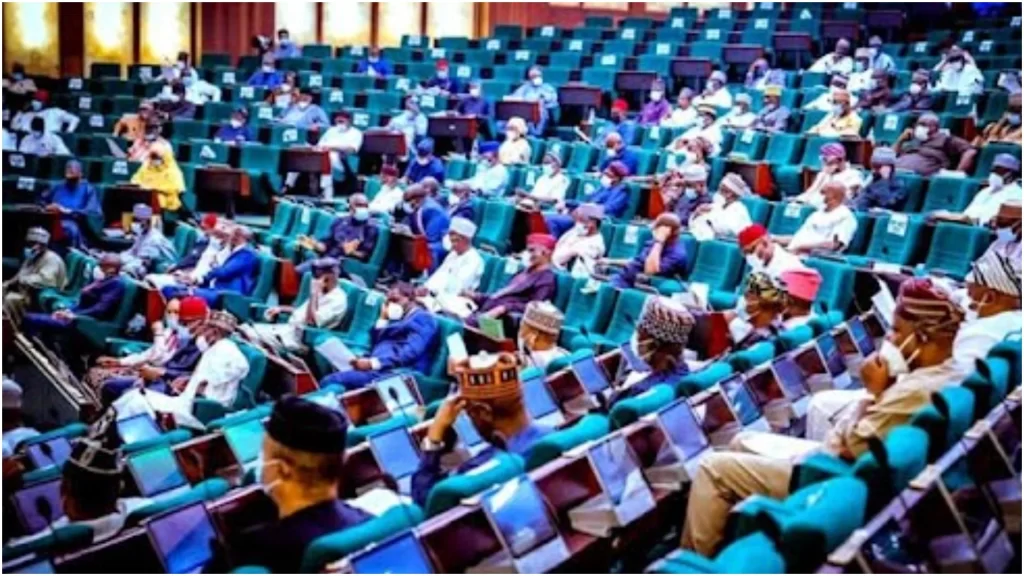In a bold legislative push for greater accountability, the House of Representatives has advanced a bill seeking to strip the vice president, governors, and their deputies of immunity from prosecution while in office.
The proposed constitutional amendment, sponsored by Solomon Bob, a lawmaker from Rivers State under the Peoples Democratic Party (PDP), passed its second reading during plenary on Wednesday.
Bob argued that the bill aims to enhance transparency and accountability in governance by removing the legal shield currently granted to the affected officials under Section 308 of the Nigerian Constitution.
The section protects the president, vice president, governors, and deputy governors from civil or criminal proceedings while in office, including arrest or imprisonment.
If passed into law, the amendment would subject vice presidents, governors, and their deputies to legal prosecution while serving in office, a move that could significantly alter Nigeria’s political landscape.
Defending the bill, Bob emphasized that public office holders must be held accountable at all times, rather than waiting until they leave office.
He noted that absolute immunity has, in some cases, allowed officials to evade justice for financial misconduct, abuse of power, and other infractions.
“The essence of leadership is responsibility, and no individual should be above the law, no matter how high their office. This bill seeks to ensure that those entrusted with public resources and decision-making are held accountable in real-time,” Bob stated.
The bill, if enacted, could have far-reaching implications on governance, particularly in addressing corruption allegations against sitting officials.
Critics, however, argue that removing immunity could open the door to political witch-hunts and distractions from governance, as officeholders may face numerous legal battles while in power.
Legal experts also warn that subjecting sitting executives to criminal or civil proceedings could create constitutional and administrative challenges, potentially disrupting government operations.
For the bill to become law, it must pass through additional legislative stages, including a third reading at the House of Representatives and Senate approval.
It will then require the endorsement of at least two-thirds of Nigeria’s 36 state assemblies, in line with constitutional amendment procedures.
Do you want to share a story with us? Do you want to advertise with us? Do you need publicity for a product, service, or event? Contact us on WhatsApp +2348183319097 Email: platformtimes@gmail.com
We are committed to impactful investigative journalism for human interest and social justice. Your donation will help us tell more stories. Kindly donate any amount HERE




